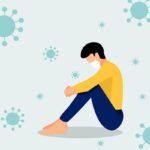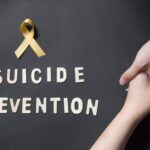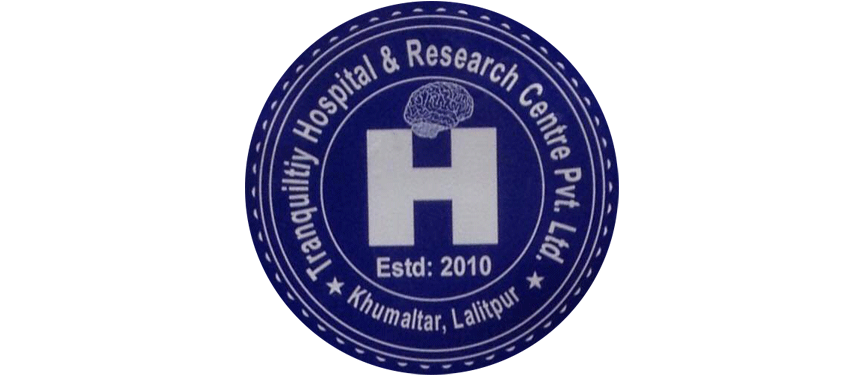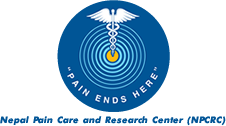
Suicide Prevention
Suicide has been a global and national public health concern. Close to 800,000 people lose their life to suicide every year. It is estimated that for each completed suicide there are more than 20 other attempts. In fact, suicide attempts are an important risk factor for subsequent suicide. Suicide cuts across all sociodemographic levels and all regions of the world. Families, friends, school friends, work colleagues, and communities affected or bereaved by suicide or suicide attempts are often left without assistance. There have been preliminary reports of an increase in suicide rates in Nepal after the onset of the COVID-19 pandemic and lock-down. But silence and stigma prevent those in need from seeking help and talking about it. Also, there are many myths about suicide. (https://www.drpawan.org/suicide/)
We all must remember suicide prevention can be done and should be done. So let’s discuss what can be done as suicide prevention strategies:
- This is a time of economic stability and the majority of people from all socio-economic strata will have economic difficulties in days to come. One measure to help prevent negative emotional state and suicidal ideas are strengthening economic supports.
- We also need to strengthen the access and delivery of suicide care to the general public. This can be done by coverage of mental health services, especially in hospitals and health centers. Also, there are many suicide helplines being operated in Nepal with 24 hours. Below are the few hotlines available in Nepal:
- Patan Hospital Helpline for Suicide Prevention: 9813476123
- Transcultural Psychosocial Organization-Nepal Crisis Hotline: 16600102005
- T U Teaching Hospital Suicide Hotline: 9840021600
- Creating a protective environment is the responsibility of all the stakeholders. It is the duty of parents at home, administrators at the office, and teachers at school. The reduction of access to lethal means among persons at risk of suicide is one of the important strategies. Hence, the availability of chemicals or poisons should be regulated and the pharmacies should be vigilant. At home, lethal substances such as sharp instruments, medicines, insecticides, etc. should be locked by a responsible member of the family. Suicide prevention is a collective responsibility. Also, the excessive use of alcohol is an important precursor to suicidal ideas and attempts. Hence, this should be regulated.
- We need to promote connectedness among peers, members of society, or families. This will help to open up about the problems. This may be done by public clubs, Facebook groups, friends circles, etc. Talking about suicide is in fact protective. Anyone can have suicidal thoughts, hence we should not be afraid to seek help and always remember “Seeking help is not a sign of weakness but a sign of strength”
- Teaching and learning coping and problem-solving skills are also important domains of suicide prevention. It is not a day’s work rather a process that we need to learn. This can be done on a self-regulatory basis or with the help of experts. Also, parenting skills, family relations, interpersonal relations are the major aspects of this domain.
- The most important point to discuss in suicide prevention is identifying and supporting people at risk. Even a single mention of suicide during a conversation or Facebook post should be taken seriously. Eight out of ten times people show their wish to die or kill themselves before an attempt. If someone from family or friends has suicidal thoughts, it is imperative to visit a mental health professional. Being proactive is the key.
- Lessening harm and preventing future attempts are also necessary steps. Removing stigma and creating a caring environment are needed. Also, reporting by media and messaging should be sensible rather than sensational.
- The most common cause of suicide is depression. It is an easily treatable mental disorder. Hence, we shouldn’t make any delay in identification and treatment.
Suicide is not a simple phenomenon, it has its own biological, psychological, and social correlates. Although preventing suicide is not an easy task, all of us can contribute our bit. Let’s talk about Suicide and seek help from mental health experts.


















